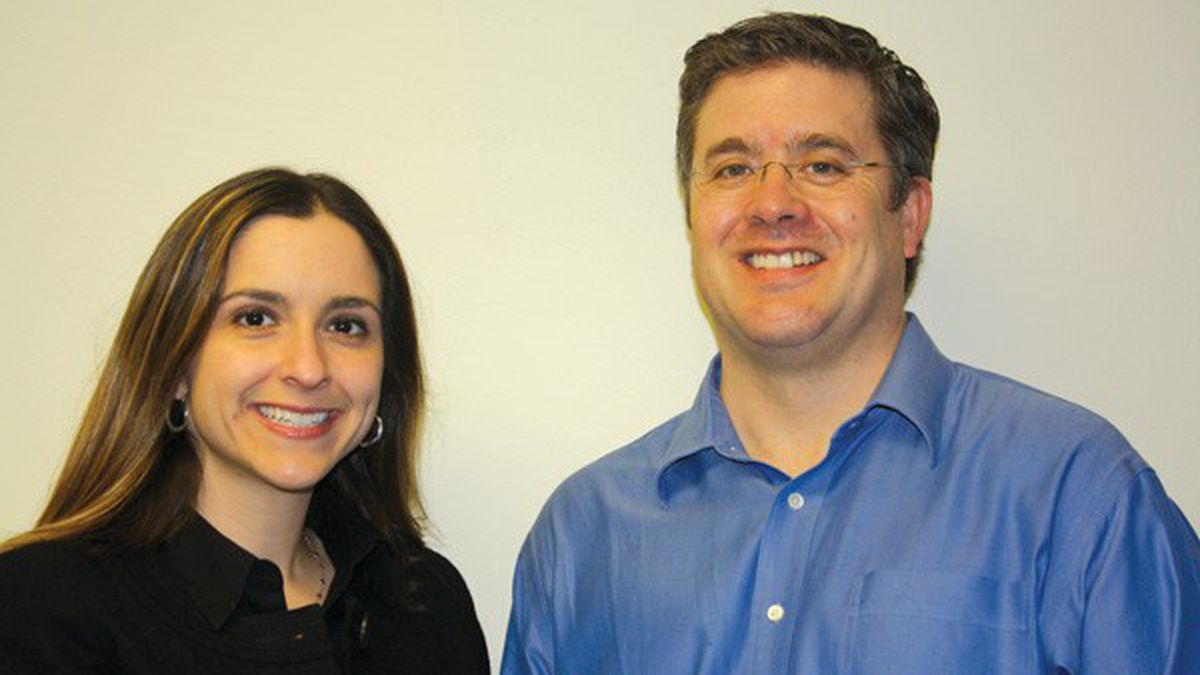A silver robot stares piercingly from your computer screen, row upon row of buttons traveling down its chest. In random order, three of these buttons light up, then go dark. Your job is to identify which buttons were illuminated, in what order — and then in reverse.
This robot also recites strings of numbers and letters for you to repeat forwards and backwards. The better you do in each exercise, the harder the next one becomes.
It feels like a game, but it’s life-changingly serious. It’s the Cogmed program, a software-based strategy for improving memory and attention span among children and adults with ADHD and learning disorders, as well as among survivors of cancer, strokes, and traumatic brain injuries.
“The most obvious sign of memory impairment is walking into a room and wondering why you’re there,” said neuropsychologist Richard Abbey, who has worked at the Stanford University School of Medicine and now heads the Abbey Neuropsychology Clinic in Palo Alto.
But forgetfulness comes in many forms, he explained. “If I give you a string of numbers and you repeat it back to me, you’re storing it in your short-term memory. If I asked you to repeat the list backwards, or to calculate a restaurant tip in your head, that’s what we call ‘working memory.’ It’s a different process, because it requires not just repeating information you’ve been given but manipulating that information.”
One of Abbey’s former patients was a young man who had survived a childhood brain tumor, but whose working memory was damaged by the chemotherapy that saved his life. “He was having so many difficulties with his working memory that he couldn’t keep his train of thought while he was speaking. There were long pauses while he waited for his mind to keep up with itself.”
A function of the frontal lobe (which Abbey calls “the CEO of our brains”), working memory is linked with concentration, attention span, organizational skills, and impulse control. People struggling to compensate for working-memory deficits tend to “work super hard, harder than their peers,” but often with diminishing results, Abbey said. “Adults feel like they can’t succeed in their careers and kids feel like they can’t achieve their dreams. Then the emotional problems begin. Then things really start to fall apart.”
Functional MRIs have shown physiological and chemical changes in the dopamine receptors of the frontal lobes of people who have completed the five-week Cogmed training, said Abbey, who with psychologist and fellow Cogmed coach Diana Barrett co-hosts a program on memory issues in Conference Room F of Kaiser Medical Center (39400 Paseo Padre Parkway, Fremont) on Wednesday, March 2.
The neuroplasticity of the human brain presents countless exciting possibilities, Abbey said. “I think this is the very beginning. If you take medications and then stop taking them, you’ve still got the same brain. But if you go through this kind of training and then the training ends, you’ve made major changes in that brain.” 7 p.m., free. AbbeyNeuropsychologyClinic.com












